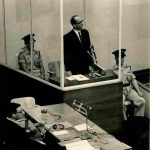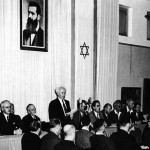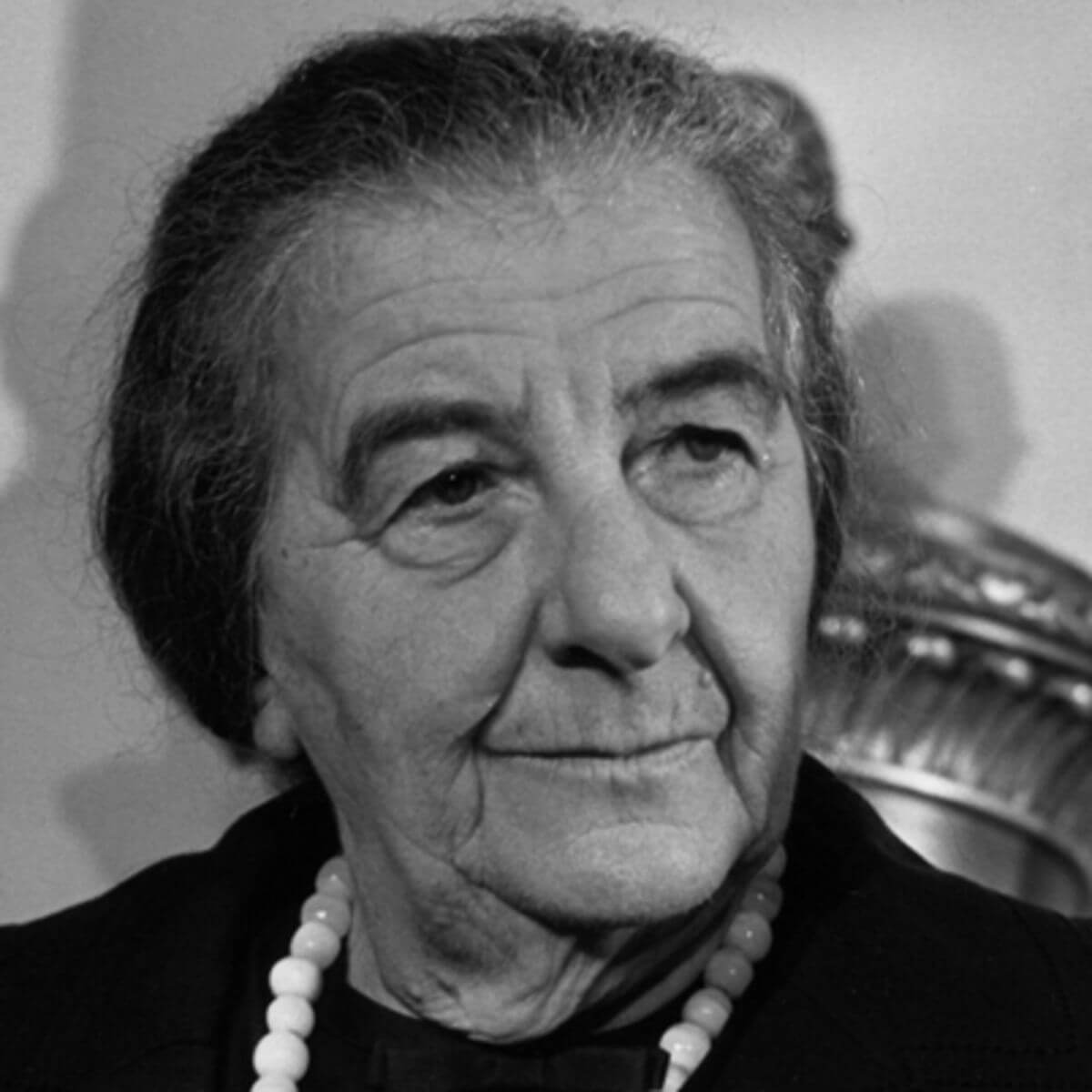On 1 October Golda Meir reported to the government that the Koppel committee had presented the report and it was sent to Minister of Justice Ya’acov Shimshon Shapira, but no discussion had yet taken place. Minister of Police Shlomo Hillel attacked the articles in the newspapers about the committee’s work that could, in his opinion, serve the terrorist organizations. Golda said that the items in the newpapers are no more than “a figment of the journalists’ imagination”, and added: “anyone who is a journalist is automatically an expert on every topic” (Document 32).
Several days later a team that included the prime minister and a number of ministers met to discuss the handling of the report, on the eve of a discussion at a government meeting. Minister of Justice Shapira attacked the report and called it “a very strange document”. Other ministers also attacked the committee’s work. The prime minister said that they must “prevent a gross injustice to the GSS”. The discussion focused on the question of responsibility for the failure to protect the delegation, and mainly on the committee’s implied conclusion that in fact, the relevant government ministries were responsible for the failure of security in Munich. During the discussion Golda indicated her willingness to accept personal responsibility, and stated frankly that it was not possible that a minister should not know what was going on in his ministry, especially on such a subject. The chain of responsibility should have ended with the minister responsible for the special services, i.e., with the prime minister herself. This should, therefore, have led to her resignation, “And if I were just a regular minister – I wouldn’t ask anyone and I wouldn’t consult with anyone (about my resignation)”. But she could not do so, as her resignation would have led to the fall of the government and a political crisis. In her words: “it is a sad and bitter business, that I am in a situation where my resignation would drag the government into a crisis, as it would seem, over the killing of eleven men; I feel bad, I feel very bad…”.
Minister of Education and Culture Yigal Allon, whose ministry was responsible for the delegation, also attacked the report’s conclusion regarding ministerial responsibility, and proposed that the prime minister state in her statement that she had studied the matter “and there is no doubt that the responsibility for security abroad does not fall on the ministries”. Minister Bar-Lev stated that the conclusions of the committee were unequivocal regarding the GSS’s failure, “and if I were the head of the GSS, after a report such as this – I would (with great pain) leave my post”. He also demanded that government ministries should not be found responsible. Yisrael Galili also argued that the head of the GSS, Yosef Harmelin, should resign. He added that the committee had gone beyond its mandate in the scope of its investigation and proposed that the government reject the report, and the prime minister publish her own conclusions, of which the Koppel Report would be a part. It was decided to appoint another team to produce a proposal for a report to be presented by Golda to the government and the Knesset, based on the Koppel Report and other documents (Document 33).
The new team wrote a document for the prime minister, summarizing the information on the security arrangements of the Olympic delegations in Munich. On 7 October, the day before the government was due to discuss the matter, a second ministerial consultation was held on the presentation of the two documents – the Koppel Report and the prime minister’s concluding report – to the government and to the Knesset. An argument ensued as to how much of the material on security matters in the Koppel Report could be revealed, and the issue of responsibility was raised again. The ministers demanded that matters not clear in the Koppel committee report should be discussed in the prime minister’s report. Shimon Peres complained “that the Germans set up an enquiry commission and said that everything on their part was fine…and now the Israelis come and say that they are guilty. We must explain that Israel could not have conducted security matters in Germany”. Other speakers agreed, among them Minister of Justice Shapira, who said: “In Germany no-one was fired, and a paper was accepted unanimously by the Interior Committee of the Bundestag; whereas here… three people [the GSS head of security, the security officer at the Bonn embassy and the director of security at the Foreign Ministry] should be fired”. Others, such as Yigal Allon, continued to attack the Koppel Committee, and demanded that the issue of responsibility for the security of Israelis abroad be made clear (Document 34).











